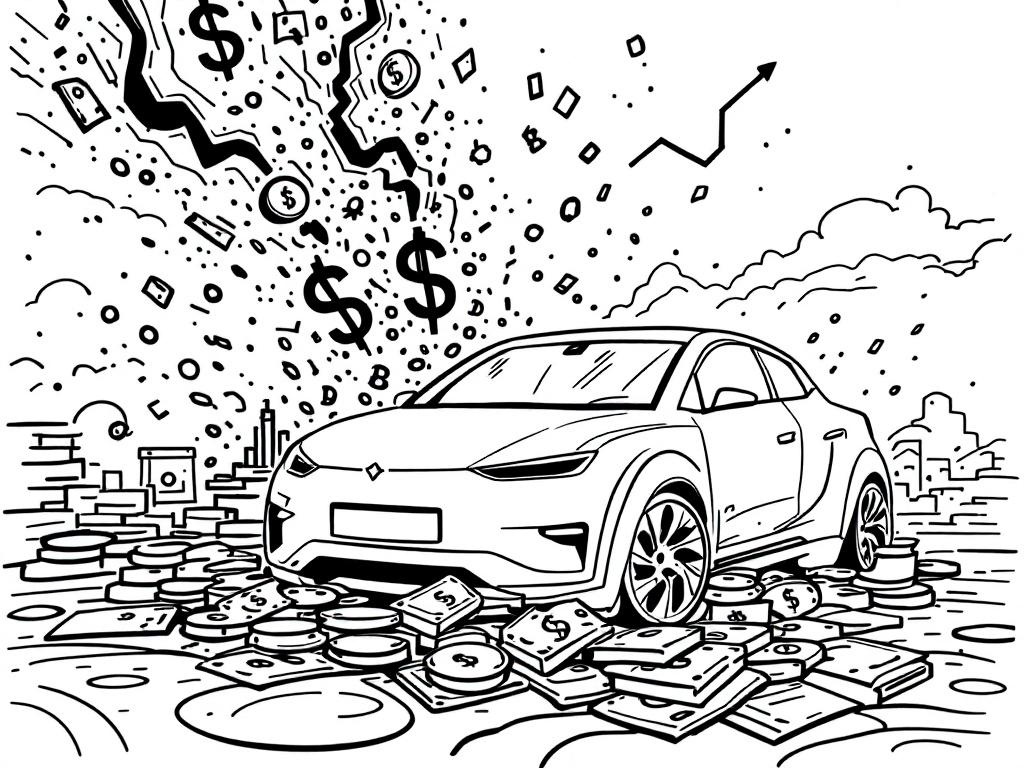Rivian Faces Steeper Losses Amid Supply Chain Disruptions

Plymouth, Wednesday, 6 August 2025.
Rivian reports higher-than-expected quarterly loss due to rare earth metal shortages and reduced credit income, highlighting significant challenges in EV production and the potential impact on future growth.
Rivian’s Financial Performance Takes a Hit
Rivian Automotive Inc. (RIVN) reported a higher-than-anticipated loss in the second quarter of 2025. The adjusted loss per share was 80 cents, significantly above analysts’ estimate of 65 cents, according to data compiled by LSEG [1]. The company attributed this loss to challenges in supply chain operations, specifically citing disruption in the availability of rare earth metals essential for electric vehicle production and the tapering value of regulatory credits [1][2].
Impact of Policy and Market Conditions
The financial strain on Rivian has been exacerbated by broader policy changes and market dynamics. Newly imposed tariffs and the loss of revenue from the sale of regulatory credits resulted from recent amendments in U.S. environmental regulations that have impacted Rivian’s bottom line considerably [3]. The Trump administration’s elimination of penalties for automakers not complying with fuel economy standards has further decreased demand for these regulatory credits, a revenue stream Rivian had previously capitalized on by selling to traditional automakers [4].
Production and Supply Chain Challenges
Rivian faced significant production challenges this quarter, reflected by a 22% decline in vehicle deliveries compared to the same period last year [1][5]. The disruption in the supply of rare earth metals from China, which is a critical component for EV motors, heightened production costs and presented considerable logistical hurdles. This has sparked ongoing concerns about Rivian’s supply chain resilience amid fluctuating geopolitical landscapes [1].
Market Reaction and Future Outlook
In response to these tumultuous developments, Rivian’s shares fell about 5% in after-hours trading on Tuesday [6]. Despite these setbacks, the company projects that it will still break even on a gross profit basis this year, albeit this is a softer target than earlier ambitions of achieving a modest profit [7]. Rivian also anticipates a surge in third-quarter sales preceding the September expiration of the $7,500 federal EV tax credit [5]. The company aims to recalibrate production strategies and bolster resilience in light of the impending expiration of these incentives [3][5].
Sources
- www.cnbc.com
- finance.yahoo.com
- www.marketwatch.com
- www.bloomberg.com
- rivian.com
- www.reuters.com
- www.autonews.com